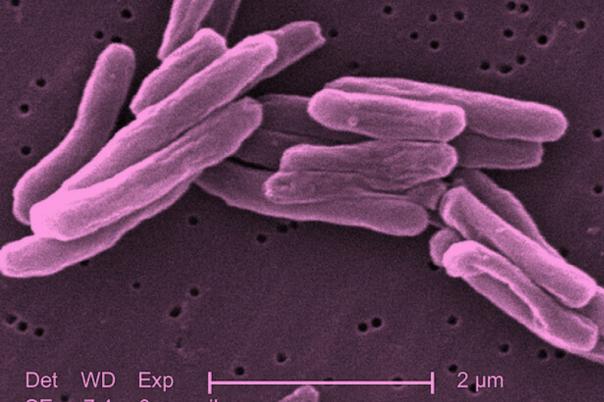In 1954, Dr. Joseph Murray performed a successful kidney transplant between twin brothers, demonstrating the life-saving potential of organ transplants. The recipient brother lived for eight years post-surgery before succumbing to heart failure, while the donor brother lived for another 50 years without any major complications. This success underscores the efficacy of kidney transplants, with a 75-85% survival rate for recipients with living or deceased donors, compared to a 60% survival rate for those on dialysis.
However, there is a global shortage of organs, with over 100,000 patients on the transplant waiting list in the US alone (based on data from 2024)- the majority of which are waiting for a kidney. To address this, eGenesis, founded in 2015, has engineered pigs as potential organ donors – making the pig organs safer for human use by eliminating three xenoantigens, overexpressing seven human transgenes, and through retroviral inactivation. Advances in Next-Generation Sequencing (NGS) and multi-omics have facilitated these genetic modifications, ensuring compatibility and safety.
eGenesis has successfully inactivated porcine endogenous retroviruses (PERVs) and eliminated xenoantigens from pig genomes. Additionally, human genes have been inserted into pig genomes to mitigate hyperacute rejection. These modifications have been validated through various sequencing techniques and immunohistochemistry, confirming the expression of human genes in pig organs.
Preclinical studies in non-human primates have shown promising results, with extended survival times for recipients of genetically modified pig kidneys. Following FDA approval, eGenesis has transplanted pig kidneys into four human patients, two of whom are currently living without dialysis. This breakthrough offers hope for addressing the organ shortage crisis.
Future efforts aim to enable patients to receive pig organs without immunosuppressants, leveraging the principles demonstrated in early transplantation studies. Continued advancements in NGS and gene editing are expected to further improve the safety and efficacy of xenotransplantation.





